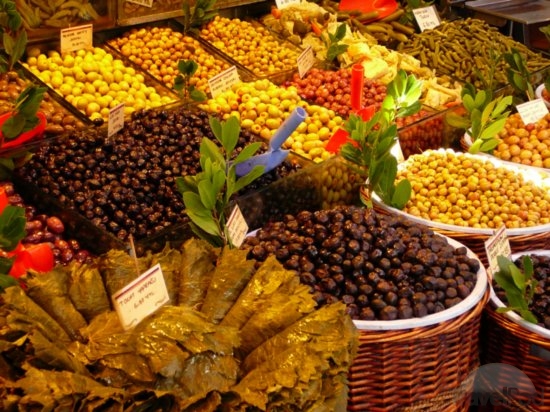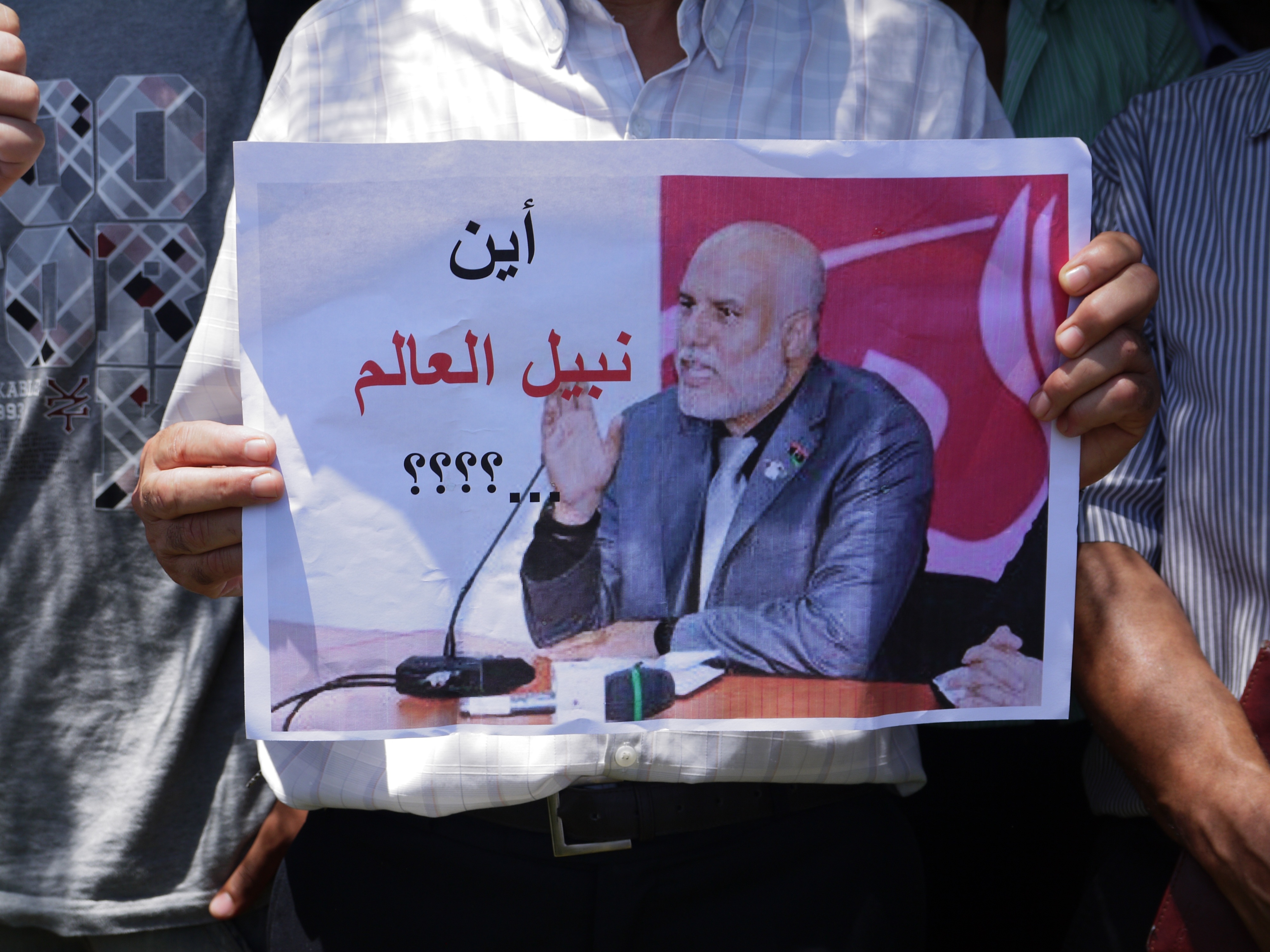By George Grant.
Tripoli, 19 July:

The government will be relying on exhortations by imams at Friday prayers to prevent a potential food-price . . .[restrict]spike during Ramadan, a senior official at the Chamber of Commerce said today.
Preparations to impose price-control mechanisms were left as late as yesterday, just two days before the anticipated start of the holy month.
“The mosques are being contacted ahead of Friday prayers requesting them to urge retailers not to take advantage of rising demand by putting up prices”, said Ahmed El-Faghi, general manager at the Chamber of Commerce.
Yesterday, the Chamber held a meeting with food retailers, customs officials and other responsible persons to discuss more traditional options for keeping food prices down, which is common practice across the Muslim world at this time of year.
Recommendations included reducing food import duties, reductions on tax for domestic produce and the provision of letters of credit for food retailers.
“The problem is that this meeting happened very late”, Faghi said. “In reality, we can do nothing. Maybe next year everything will be arranged on time”.
The lack of preparedness is said to be the result of the internal turmoil still prevalent across many government ministries in the wake of last year’s upheavals.
The situation has been made more difficult by the fact that many of the officials responsible for monitoring prices and licenses were dismissed several months ago on account of their association with the old regime, and have yet to be replaced.
Efforts to prepare have been taking place locally, but these too have been late.
On 15 July, the Benghazi Local Council held a meeting to discuss price-control procedures in the city, and sent a letter of recommendation to the customs department that taxes on red meat be reduced by 15 per cent.
“We sent a request to Tripoli and we are waiting for the response”, Khaled Al-Jazwee, a member of the council, said on Monday.
The local council does not have the power to impose such a reduction itself, and officials at the Chamber of Commerce have said that there is no time to implement such a policy now.
In other Arab countries preparations to keep prices down have been ongoing for several weeks. In Kuwait, procedures have been put in place granting financial suppport to livestock trading companies and imposing fixed prices on meat, with penalties for retailers found to be not in compliance. In Abu Dhabi, price controls and subsidies have also been put in place, with similar agreements having been made across the region.
On the international markets, pressure has eased somewhat in recent months, with figures from June showing a reduction in food prices for the third consecutive month.
Overall prices are still high, however, with the world food economy having witnessed two major food price spikes since 2008.
Rising prices have been driven by a surge in demand in developing countries such as China and India, a rapidly rising global population, a failure to adequately harness crop protection and enhancement technologies in some places and the diversion of crops into biofuels. [/restrict]










